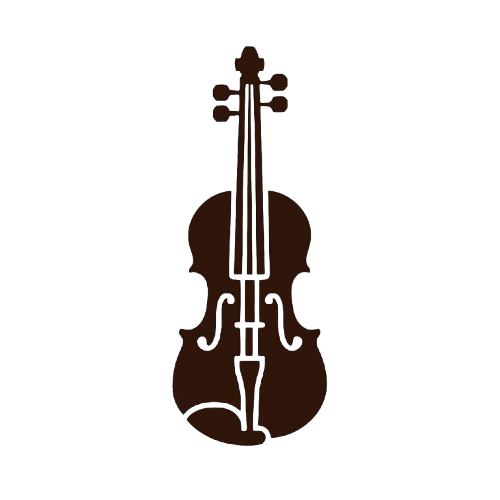If you’ve ever seen Harry Potter, then the classic “choosing the wand” scene definitely comes to mind when it comes to choosing your violin teacher.
It’s a moment filled with anticipation and a little bit of magic. In the film, the right wand seems to choose the wizard, creating a special connection that promises great things. While your search for a violin teacher might not involve sparks flying from a phoenix feather core, the principle is surprisingly similar. The right teacher-student relationship is a unique alchemy of personality, expertise, and communication that can feel just as magical and is just as crucial for your success.
This isn’t just about finding someone who can play the violin well; it’s about finding someone who can teach you to play it well. This person will be your guide, your motivator, and your problem-solver on this challenging and rewarding journey. So, how do you find your “chosen one”?
Here’s the steps on how to choose a violin teacher.
Step 1: Where to Look for Potential Wizards (Teachers)
Before you can find the right teacher, you need to know where to look. Cast a wide net to gather a good list of potential candidates.
- Local Music Shops & Luthiers: These are often the hubs of the local music community. Staff members and violin makers (luthiers) frequently have lists of recommended local teachers.
- University Music Departments: If there’s a university or conservatory nearby, its music department is a goldmine. You can find experienced professors, and often, their talented graduate students who are excellent, enthusiastic teachers.
- Online Teacher Directories: Websites like the Suzuki Association of the Americas or the American String Teachers Association (ASTA) have directories that can help you find qualified teachers in your area.
- Community Orchestras: Reach out to local community or symphony orchestras. The musicians in these groups either teach themselves or can provide trusted recommendations.
- Word of Mouth: Don’t underestimate the power of a personal recommendation. Ask friends, family, or colleagues if they know of any great violin teachers.
Step 2: The Interview – Asking the Right Questions
Once you have a few names, it’s time to set up a meeting or a phone call. This is your chance to learn about their approach and see if it aligns with your goals. Think of this as your “audition” of them. Key questions to ask include:
- What is your teaching philosophy? Do they follow a specific method (like Suzuki, Paul Rolland, or a traditional approach)? How do they tailor lessons to individual students?
- What is your experience with my age group? Teaching a five-year-old is vastly different from teaching an adult beginner or an advanced teenager. Ensure they have experience with students like you.
- What are your qualifications and background? While a music degree isn’t the only mark of a good teacher, it shows a formal dedication to their craft. Ask about their performance and teaching experience.
- What are your expectations for students? How much practice do they expect? Do they hold recitals or encourage participation in music exams or youth orchestras?
- What are your studio policies? Get the practicalities out of the way. Ask about lesson length, rates, and policies for cancellations and make-up lessons.
Sometimes going to a school, such as:
Is great, because there’s many teachers you can pick.
Step 3: The Trial Lesson – Does the Wand Choose You?
This is the most critical step. Almost every good teacher will offer a paid trial lesson. It’s an investment that can save you months of frustration. During this lesson, pay close attention to the feeling in the room.
- Communication Style: Do they explain concepts in a way you understand? Are they patient and encouraging, or do you feel intimidated? A good teacher will make complex ideas feel accessible and will make you feel comfortable, even when you’re making mistakes.
- The Vibe: Do you feel a personal connection? Is this someone you look forward to seeing each week? A positive rapport is essential for long-term learning.
- Did you learn something? Even in a 30-minute trial, a great teacher will be able to give you a tangible takeaway—a new way to hold the bow, a better understanding of posture, or a simple exercise that improves your sound. You should leave the lesson feeling inspired and with a clearer sense of direction.
So: how to choose a violin teacher? Choosing a violin teacher is a deeply personal decision. The “best” teacher for your friend might not be the “best” teacher for you. Take your time, trust your instincts, and look for that spark of connection. Finding the right guide won’t just teach you how to play notes; it will open the door to a lifelong love of music.

Leave a Reply